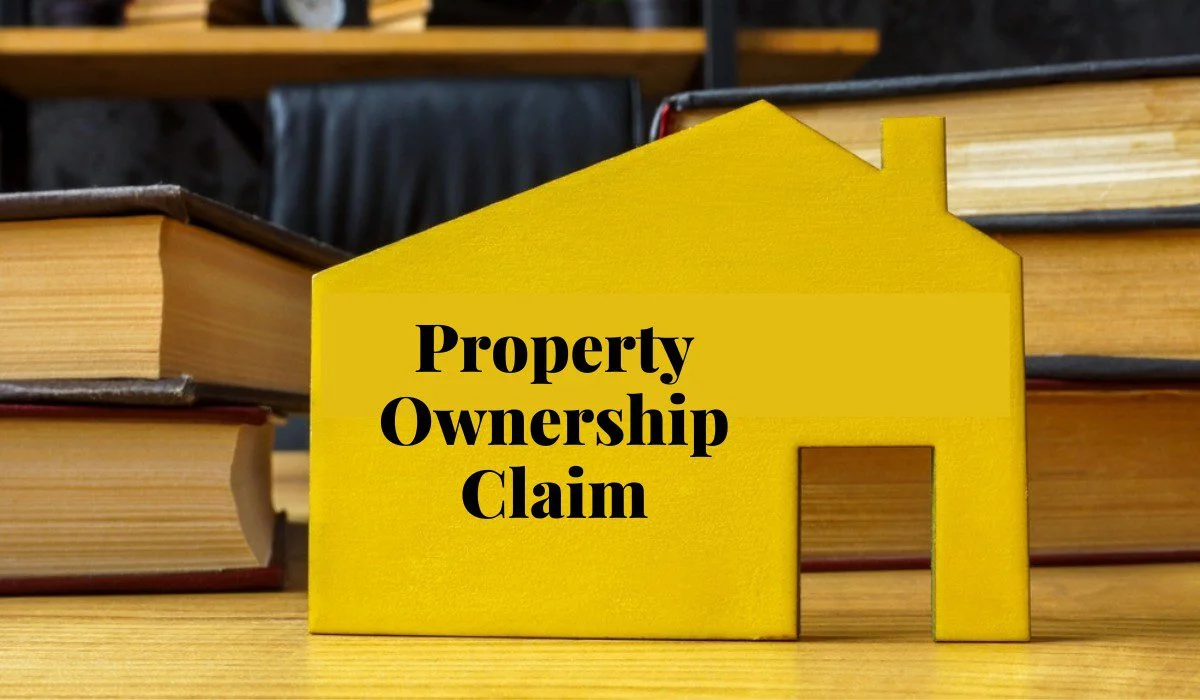Table of Content
▲- Rent Control and Tenant Ownership in India
- Legal Perspective on Commercial Tenants
- What is adverse possession?
- Exceptions to this rule
- How does adverse possession work?
- Can a tenant claim ownership after staying in the property for 10 years?
- Can a tenant claim ownership after staying in the property for 12 years?
- What does the law say?
- Things property owners must know
- Can a landlord force a tenant to leave a commercial property?
- Main clauses of commercial lease agreement
- Can a tenant claim compensation from a landlord?
- Aquire Acres.com News Viewpoint
What is adverse possession?
Understanding Adverse Possession under the Limitation Law
Adverse possession is covered under the Limitation Law. This provision states that if no appeal is made to revise any limitation within a specific period—12 years in this case—the ownership status remains unchanged. If a property owner does not assert their rights or make any claims for 12 years, and a tenant has occupied the property during this period, the tenant may gain ownership rights.
Also Read: Stamp duty and property registration fees in Uttar Pradesh for 2024
Exceptions to this rule
Exceptions to adverse possession apply if the property owner is mentally unwell, a minor, or serving in the Indian Armed Forces. Although not explicitly legal, the system may favor these situations, especially if the owner neglected the property for 12 years due to a lack of information or knowledge.
In 2019, the Supreme Court ruled that once an owner's title is extinguished through adverse possession, the original owner cannot be left without a remedy. If the original owner, having lost their right through adverse possession, later dispossesses the new owner, the new owner can seek eviction by claiming adverse possession. Similarly, if another person dispossesses someone who has perfected their title through adverse possession, the dispossessor can be evicted unless they have also perfected their title through adverse possession.
Furthermore, a plaintiff who has perfected their title through adverse possession can sue for any infringement of their rights. The Supreme Court's ruling emphasizes that a person who has perfected their title through adverse possession is entitled to legal protection and can maintain a suit to defend their rights.
How does adverse possession work?
Continuity and Open Possession
For adverse possession to be valid, the tenant must have uninterrupted and continuous use of the property for 12 years. The tenant must personally occupy the property and prove sole ownership throughout this period.
Open possession means that the tenant's occupation of the property is visible and known to the owner. The tenant must provide relevant documents in court, including the date of possession, public knowledge of the occupancy, the nature of the possession, and its duration.
Adverse Possession and Lease Agreements
In India, tenancy through a lease agreement does not typically fall under the law of adverse possession. However, tenants have occasionally filed ownership claims under adverse possession if the property owner defaulted on certain agreement clauses or if the lease expired.
Actions for Property Owners
In case of a contract breach, the property owner has 12 years to take action. To avoid adverse possession, the owner should consider vacating the premises if necessary. If the lease agreement expires and the tenant continues to pay rent, the tenant cannot claim ownership under adverse possession laws.
Also Read: State-wise stamp duty in India 2024
Can a tenant claim ownership after staying in the property for 10 years?
Can a tenant claim ownership after staying in the property for 12 years?
What does the law say?
Things property owners must know
- There have been most disputes under the Rent Control Act of 1948. However, modifications have been made in states, such as Maharashtra, Delhi, and Karnataka.
- The Draft Model Tenancy Act 2015 mentions that landlords have the right to evict tenants on the grounds of contract breach, default in rent payments, sub-letting the premises or any portion of the same without consent, misuse of property or allowing illegal activities.
- Commercial property owners may periodically increase the rent. They must address maintenance and repair requests within a reasonable duration. However, tenants can take care of minor repairs.
- A rent increase clause in the agreement helps keep tenants from holding onto properties.
- Landlords have the right to evict tenants if they need the property for their own self-occupation.
- They are entitled to repossession, albeit temporarily, for those alterations, renovations, repairs and other jobs which need an empty building.
Also Read: Can you legally use residential property for commercial purposes?
Can a landlord force a tenant to leave a commercial property?
A commercial property owner may evict a tenant under the following circumstances:
- Non-payment of rent within the specified timeframe.
- Failure to comply with the terms outlined in the lease agreement.
- Personal requirement of the property by the landlord, provided proper notice is given.
- Misuse of the premises or engagement in unlawful activities by the tenant.
Main clauses of commercial lease agreement
The lease agreement is a legal document signed between the tenant and the commercial property owner, outlining the terms and conditions of the tenancy. It is essential for the property owner to ensure timely renewal of the agreement to prevent any unfavorable situations.
Key clauses that should be included in a commercial rent agreement are:
- Rent escalation: This specifies the annual percentage increase in the rent amount.
- Sublease clause: This provision allows the tenant to sublease any unused part of the property, typically requiring written consent from the owner.
- Exclusive rights: This clause grants the tenant exclusive service provider rights for specific commercial spaces like shopping plazas.
- Additional costs: This clause clarifies responsibility for additional expenses such as property tax, building insurance, and maintenance fees during the tenancy.
- Delivery conditions: It specifies the condition of the property upon renting, addressing whether it is fully furnished or in a bare shell state to meet the tenant's requirements.
Can a tenant claim compensation from a landlord?
Tenants have the right to seek compensation from landlords in various situations, such as breaches of rent agreements or unfair rental practices. Compensation can also be claimed if the property becomes uninhabitable due to negligence on the part of the landlord.
To substantiate their claim, tenants must provide evidence such as the rental agreement, communication records, and photographs. The process of seeking compensation depends on the particular circumstances and the local laws that govern the relationship between landlords and tenants.



_1772441702.webp)





Ans 1. According to the Limitation Act 1963, a tenant may claim ownership of a house if the property owner fails to assert their claim for 12 years and the tenant continues to reside for another 12 years. This is known as adverse possession of property.
Ans 2. Eviction Rules As Per Karnataka Rent Control Act 1999 A landlord is allowed to give a notice for two months, and within the stipulated time, a tenant should pay all the dues. If not, legal action can be taken against a tenant.
Ans 3. You can claim for public property within 30 years from the date of registration of the property in your name but in the case of private property, the maximum period is 12 years, after which no claim can be made.
Ans 4. What rights do tenants have after 10 years? If a tenant lives in a particular property for 12 years without any interruption from the owner, as per the law of Adverse Possession he will have the ownership right to the property. It means that they can even sell it.
Ans 5. File a petition: If the tenant refuses to vacate the premises after the notice expires, the landlord can file an eviction petition. The petition should include rent agreement terms, notice served, and eviction grounds. The specific court will depend on the location of the property and the value of the property.